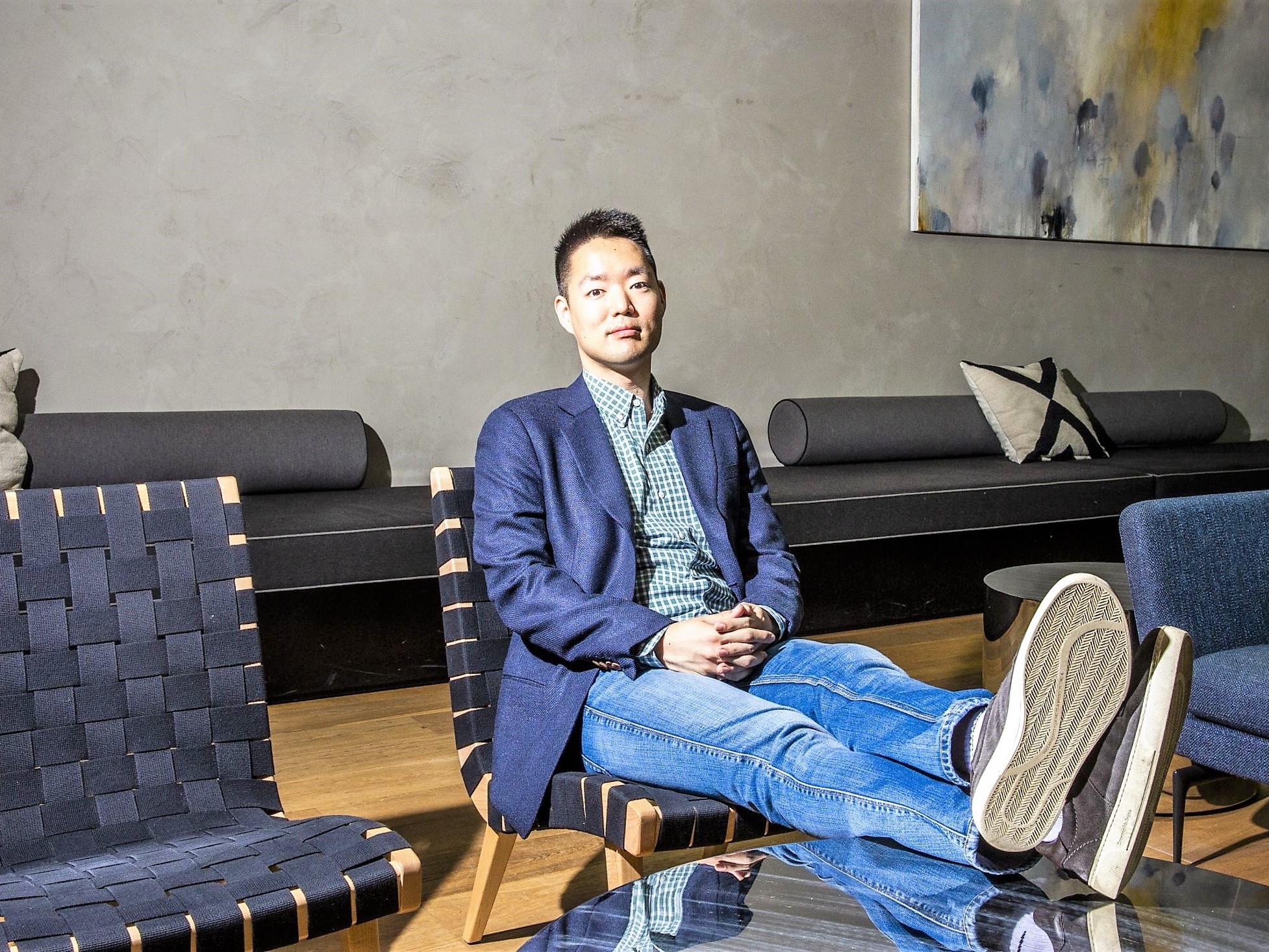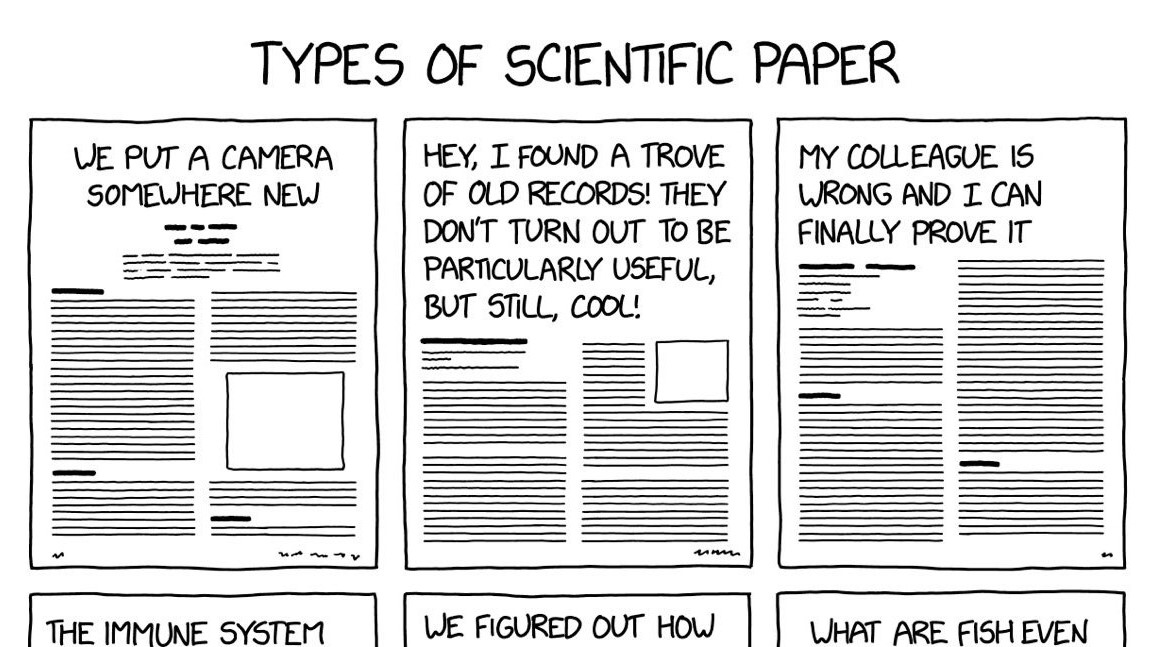Every morning, we run The Narrative Machine on the past 24 hours worth of financial media to find the most on-narrative (i.e. interconnected and central) stories in financial media. It’s not a list of best articles or articles we think are most interesting … often far from it.
But for whatever reason these are articles that are representative of some sort of chord that has been struck in Narrative-world.
Harvard Course Teaches Rich Millennials How to Do Good (and Make Money) [Bloomberg]

On a crisp morning last October, a few dozen students with wildly diverse backgrounds and expertise filed into the red-brick building of Harvard University’s Kennedy School. Three things united them: they were young, they wanted to do good and they were all staggeringly wealthy.
The group was attending a joint course run by Harvard and the University of Zurich, in collaboration with the World Economic Forum, called “Impact Investing for the Next Generation.” In this context, that generation means the heirs to some of capitalism’s greatest fortunes. Participants had to pass an interview before paying up to $12,000 for a week of classes in the U.S. and Switzerland, not including airfares and board. A more intensive related course costs $58,000.
The program has barely been advertised since its founding in 2015 and word is spread through old-money networks and among European royalty. Alumni include Chung Kyungsun, grandson of Hyundai Group’s founder, and Antonis Schwarz, who came into his fortune aged 16 when the drugmaker his grandfather founded was sold for 4.4 billion euros ($5 billion).
“Alumni”.
LOL.
True story – when I was a grad student at Harvard in the 1980s I started a company called University Seminars, where I sold week-long “Leadership Conferences” to East Asian CEOs and rich kids like the Hyundai scion pictured here. I’d hire HBS profs at $3k per afternoon to give a talk they’d given 1,000 times before and toss in another $2k if they showed up for a dinner. I’d rent a block of rooms at the Boston Ritz and get some tour buses lined up. I’d charge $25,000 for the week (airfare not included) and split the profits with whatever degree-granting school or department was hard up for cash.
It wasn’t a degree, of course, but if you can grant a degree you can also grant a “certificate”. Both have an official Harvard seal, so …
Congratulations on graduating from the Leadership Conference at the Harvard School of Education! Of course it’s signed by the Dean! Yes, certainly you should put this on your wall and your resume!
And yes, I had an “Alumni Club” in four countries.
See, the Harvard budgetary motto is “every tub on its own bottom”, which means that non-professional schools like the School of Education are forced to scrape for every dime, while the professional schools – Harvard Business, Harvard Law, and the Kennedy School – live as large as they wanna live. It’s a structural engine that creates haves and have-nots within the walls of a university edifice that looks to an outsider like it’s uniformly well-heeled. It’s not.
The fact of the matter is that while every program and school at Harvard (and every other university I’ve ever been associated with) is on the make to some degree, at least the non-professional schools have some sense of shame about the whole certificate program endeavor. They see it as a necessary evil to keep up with the Joneses.
The professional schools on the other hand … they ARE certificate programs. Pimping out Harvard’s reputation to maximize revenue isn’t a shameful secret for HBS. It’s their entire business model.
What happened to University Seminars? The HBS prof running their “executive education program” in Indonesia got wind of me talking with some Djakarta CEOs about a non-biz school certificate program, and he sounded the alarm. A month later the HBS dean met with the Ed School dean in Derek Bok’s office, where HBS agreed to pay the Ed School a (small) slice of the HBS certificate program revenues if the Ed School shut their leadership program down. Internal to HBS, all of the moonlighting profs were read the riot act and told to keep their executive ed lectures on the HBS side of the river.
And that was that. It was a good gig while it lasted, and a great lesson in the way of the world.
BTW, the World Economic Forum … you know, the group that organizes the Davos conference and co-sponsors this Kennedy School program on “Impact Investing” … Klaus Schwab started WEF in 1987, the same year I started University Seminars. You’ll read on Wikipedia that Schwab started this as a non-profit and had glorious altruistic motives from the outset.
LOL.
If you haven’t read my note on the credentialing value (and abuse) of the modern higher education system, it’s worth your time.
And if you haven’t read Rusty’s note on the Myth of College, it’s really worth your time.
Clear Eyes and Full Hearts, friends.




P.T. Barnum fleecing the rich, just a higher class of circus with luxury accommodations. Everyone is in on the joke except the young rich kids bragging about their HBS credentials.